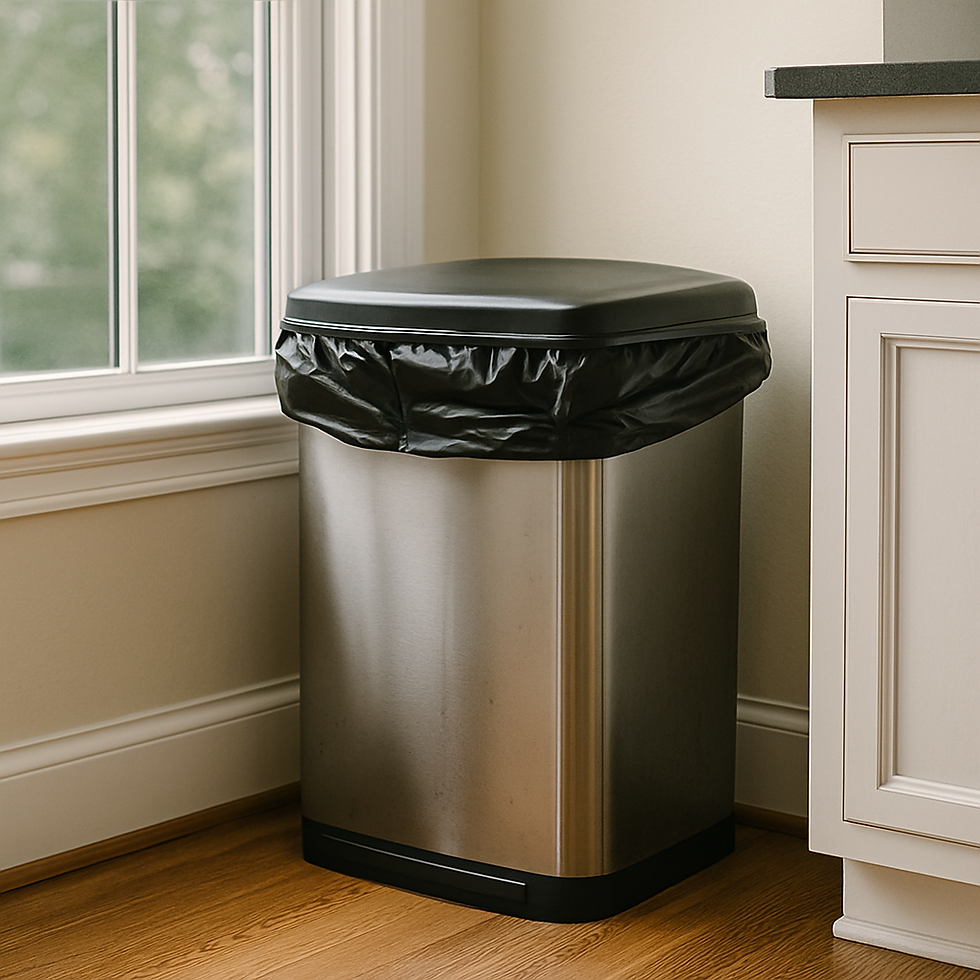A Mild Winter Can Lead to More Pests Than Usual In Spring
- Michael Radovic
- Feb 23, 2023
- 2 min read

In the middle of the cold snap, it is difficult to wrap your head around the fact that this winter has been a relatively mild one with fewer cold snaps and less precipitation than in years past. While this can mean more comfortable outdoor activities and fewer layers of clothes, some side effects are not so pleasant. So brace yourself for an earlier, buggier spring.
Logically speaking, freezing temperatures harm many forms of life, including most insects. Because insects are exothermic (cold-blooded), they cannot produce their own body heat. For those insects that remain above ground, this usually means they are killed during freezing weather. However, if the temperatures aren't dropping as low, then some of these bugs aren't dying—meaning more will wake and hatch earlier in spring and summer, adding to the population that is already scheduled for arrival!
Beyond insect generations surviving winters, milder winters provide more moisture and early plant growth, giving incredibly hospitable environments and food sourcing to those pests awakened early. As a result, homeowners will notice more pest activity where damp wood and soil provide attractive feeding grounds. Additionally, this leaves perennials and trees vulnerable to infestation during a time generally meant to renew new leaves and budding flowers.
While experts differ on the impact of a mild winter on the mosquito population, all agree that the early advent of spring means the growth cycle for these particularly pesky insects starts earlier, meaning that by the time July rolls around, the swarms of bloodsuckers are inescapable. This makes enjoying the outdoors problematic during a time when that is all most of us want to do!
Ticks aren't affected by temperature as their survival doesn't hinge on temperature or environmental factors but instead on the availability of a blood host to feed on. However, in milder winters with an overabundance of acorns, animals like moose and deer may be attracted to different feeding grounds. They certainly provide vehicles for ticks and, therefore, the increased possibility of Lyme disease.
There are some things homeowners can do to limit infestations on their own. For example, clean up yards containing acorns and other tempting food sources for carrier animals. Also, eradicate all standing water sources, such as dish saucers under planters and birdbaths without running fountains, to eliminate breeding environments for mosquitos. But there are only so many things we have control of, and so if you know the winter has been mild, it's better to make plans NOW to consult a pest control specialist.
The folks at Luxe Pest Control will come to your home to do a complete inspection to find and identify the pests inhabiting your property. Once the pests are properly identified, a customized plan will be developed to remove the problem or problems most safely and efficiently.



Comments